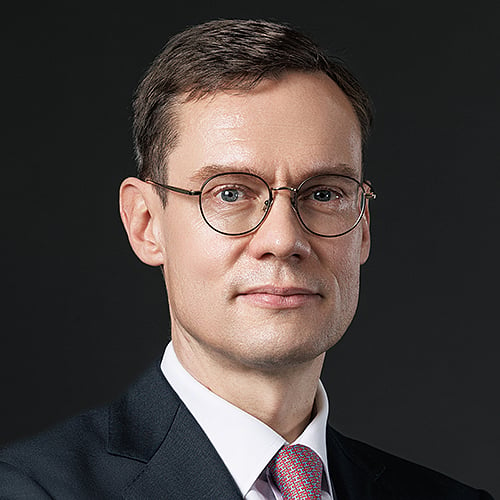Sukuk issuance grew 17% in 2017 to reach US$100 billion, underpinned by large sovereign transactions from the Gulf Cooperation Council (GCC) region. At the same time, new issuers came into the market last year, including some corporates from China and France, according to Moody’s Investors Service.
Of the amount issued in 2017, around US$79 billion had longer maturities of over one year – the second-highest in history after the US$83 billion issued in 2012.
The robust issuances from GCC sovereigns reversed a trend in 2016 where they opted for conventional bonds over sukuk for liquidity reason. Moody’s expects sukuk issuances to remain broadly stable at between US$90 billion and US$100 billion in 2018 – again largely driven by the sovereigns – although the recent recovery in oil prices could potentially lower the financing requirements.
Corporate and asset-backed sukuk activity was sluggish in 2017 because of more attractive opportunities in the conventional bond market, and it is expected to remain so in 2018.
Malaysia continues to dominate the global sukuk issuance volumes both in the long- and short-term market. In 2017, issuances by Malaysian corporates, financial institutions and the sovereign represented 34% of the total global issuances. Within Malaysia, sukuk issuance among Islamic financial institutions is expected to grow by between 10% and 13% year-on-year in 2018. The bulk of such issuance will be denominated in ringgit, similar to the previous years.
For Indonesia, sukuk issuance among Islamic financial institutions will remain fairly weak, but will recover somewhat from low levels in 2017, against the backdrop of a stabilization in the domestic operating environment. Islamic financial institutions in Indonesia cater mostly to the retail segment, and will benefit from improved consumer demand in 2018, following a gradual recovery in commodity prices. Sukuk made up only 1% of the Islamic banks’ total funding as of September 2017.
The sovereign remains at the forefront of the issuance activity in Indonesia and in February this year, it became the first sovereign to access the green sukuk market in what signifies to be a part of its aggressive transition programme to reduce the country’s reliance on hydrocarbon resources to power its economy. This is a significant move by Indonesia, which is the world’s largest exporter of coal
Represented by the ministry of finance, Indonesia priced a US$1.25 billion green sukuk for five years. It also issued a 10-year conventional sukuk amounting to US$1.75 billion – with both tranches generating strong investor demand.
What was interesting last year was the fund raising done by Chinese companies in the Malaysian sukuk market undertaken by their subsidiaries operating in the country. BEWG (M), an indirect wholly-owned subsidiary of Beijing Enterprises Water Group, raised in July 2017 400 million ringgit (US$102 million) in what was the first ever ringgit sukuk issued by a China-owned company for water infrastructure financing.
Then about a week after the BEWG deal, the solar energy unit of China-owned Edra Power Holdings, Tadau Energy, announced it had issued up to 250-million-ringgit sustainable responsible investment (SRI) sukuk, representing the first green sukuk issued in Malaysia. Tadau Energy is a project company undertaking a large scale solar project of 50MWac in Kudat, Sabah under two 21-year power purchase agreements entered into with Sabah Electricity in December 2016.
Towards the last quarter of 2017, another Edra Power wholly-owned subsidiary, Edra Energy, priced a 5.085-billion-ringgit wakala sukuk to fund up to 80% of the total project costs in relation to the development of a combined cycle gas turbine electricity generating facility comprising three generating blocks with an aggregate net capacity of 2,242MW located in Melaka. Upon completion, the plant will be the largest power facility in Malaysia. Edra Power is ultimately owned by China General Nuclear Power Corporation.
The sukuk market activity is also supported by specialized multilateral entities, such as quasi-sovereigns, central banks and supranationals, including the Islamic Development Bank, the International Liquidity Management Corporation and the Arab Petroleum Investment Corporation.
These entities, Moody’s notes, have become regular issuers, accounting for around 10% of the total sukuk issuance during the past 12 months, including government-related companies. They play a key role in supplying the sukuk market with high quality issuances much needed by Islamic banks that face a deficit in instruments necessary for efficient liquidity management – a situation further exacerbated by new regulatory requirements under Basel III.
Apart from the governments’ diversification considerations and financing requirements, increasing demand from domestic banks will underpin the future growth in sukuk issuance. In addition, the continued product innovation will help overcome some of the structural constraints that have historically prevented the sukuk markets from developing more rapidly.









